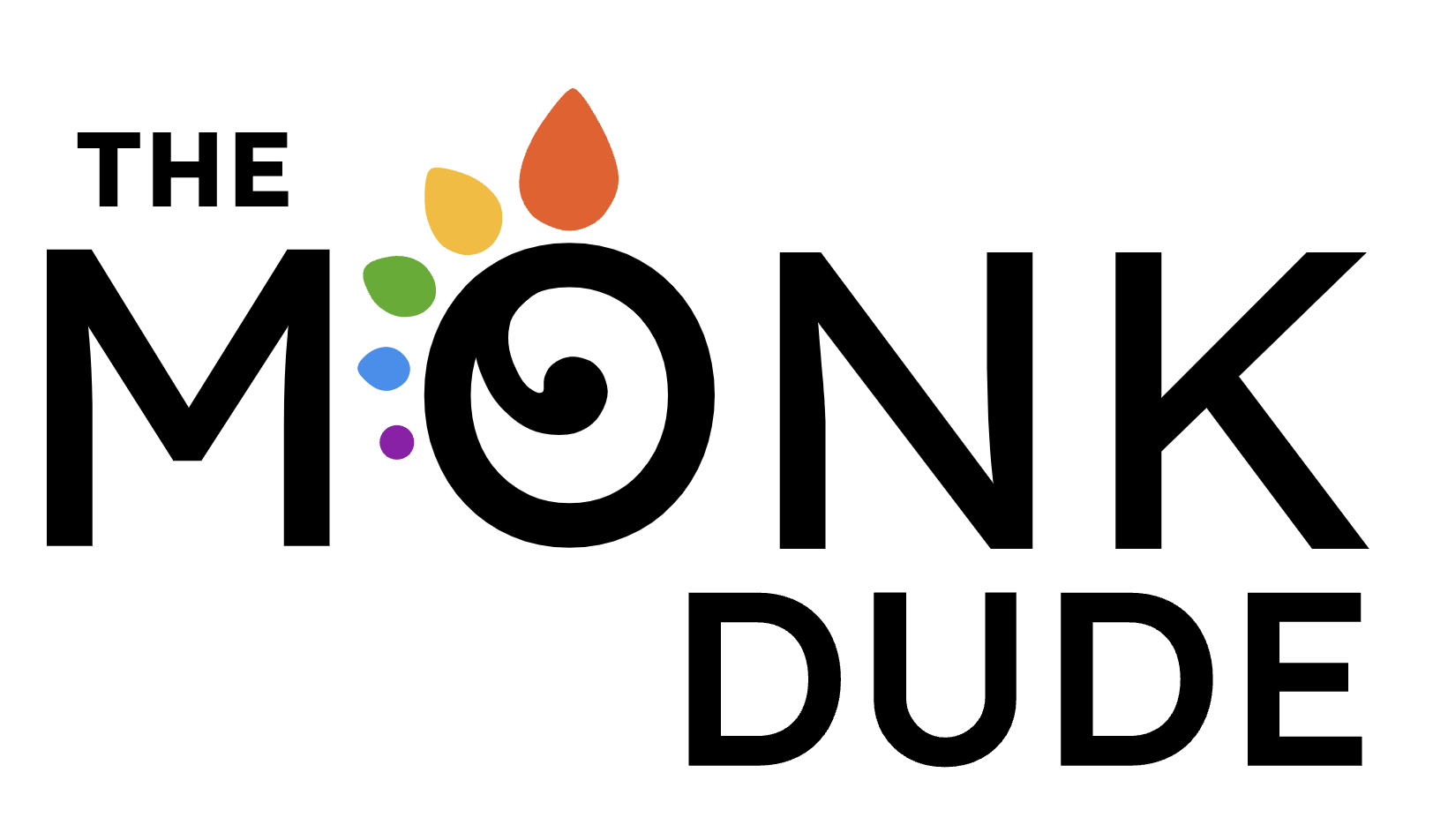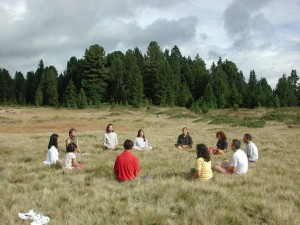Meditation Questions: How Do I Maintain My Practice?
This is the first of my new series answering reader’s questions. Thanks to everyone who wrote in, I hope to get to all of your questions eventually. Before I get to today’s question, here’s something cool I received last week from the Philippines:
“I followed the first steps of your meditation audio guide, it was the most wonderful experience I ever had. thank you, I wish to learn more on how to do this properly. again thank you.”
Rouie Moran
When I hear something like this I feel super motivated to make meditation available to even more people. And that was just from using the free guided meditations that I give away to everyone on any planet where they’ll listen to me!
Just in case you haven’t heard those guided meditation recordings Rouie is talking about, you can download them for free here:
So here is an important question I received from Jimothy in Canada: “If one has experienced the amazing bliss and benefits of meditation at retreats but then slipped back into ‘normal’ routines once back in ‘normal’ society, how can one get back into a regular daily practice?”
The obvious answer is to join a local meditation group, but Jimothy told me that there is none where he lives, so I had to think a bit harder.
I have three suggestions for you Jimothy.
- Go through a ‘meditation refresher course’, that will remind you of all the compelling reasons why you meditate, and lead you step by step back into your daily practice.
- Join an online group where you get regular inspiration and an opportunity to connect with like-minded people.
- Attend another retreat!
Long ago I was fortunate enough to study meditation in India under the guidance of a great Master. I’ve now been teaching the practice for 35 years, so Jimothy is not the first person to ask me this question. This problem is common even for many experienced meditators.
Let’s start by revisiting the reasons you might want to meditate in the first place. What does meditation do for us? Here are a few of the most important benefits:
- Improved focus
- Greater clarity
- Inner calm
- More creativity
- Greater compassion
- Increased positivity
- Sense of Well-being
- More energy
- Better sleep
- Less worrying
- More able to connect to your inner source of love
Leading to:
- More harmonious relationships with friends, family and colleagues
- A deeper sense of purpose
- Spiritual development
- and a happier, more fulfilling life
It kind of looks like you’d have to be crazy to not want to meditate doesn’t it?
Meditation really can bring all of these kind of changes, and more. And if you are not living in a hole in the ground, you’re probably aware that modern research is confirming the positive effects of meditation. That is why more and more people are adopting meditation as a part of their daily routine, and it is being taught in schools and corporations and prisons and at veterans associations and hospitals and universities. Because it works!
After starting out in the 1970’s when it was really hard to get people in the main stream to take meditation seriously, now I find myself speaking at corporations like Google, Facebook and Intel, and running a credited course in meditation at one of the top Universities in the world. Attitudes have really changed.
Finally more people are understanding that meditation is for real. However, there is a catch: You have to practice regularly! And not everyone finds this an easy habit to acquire.
Here’s the good news. I’ve developed a whole set of learning tools and online programs to help you establish your meditation practice, and to help keep you inspired and on track. And when you do that, all those nice dreams of harmony and peace in your life, and energy and inspiration in your work, become real.
I’ve taught thousands of people to meditate, in 40 different countries, ranging from priests to prisoners, from corporate executives to children. I just gave the last class of the semester for my class at UC Berkeley, and it was a real thrill for me to hear them describe how they’ve established the habit in just a few short weeks, and how it has helped them cope with stress, is giving them greater clarity and focus when they are studying, and has increased their sense of empathy and connection to their fellow students and friends.
I still feel delight when a busy professional tells me how his meditation practice has transformed the atmosphere in his office as he relates to people more calmly, co-operates more, argues less, and laughs more!
If you’ve enjoyed what you’ve learned in this message, or if you have more questions about meditation that you’d like me to answer, please add in the comments below. Maybe my next article will address your most burning meditation question.


